The Rise and Fall of the World’s Most Unlikely Pub
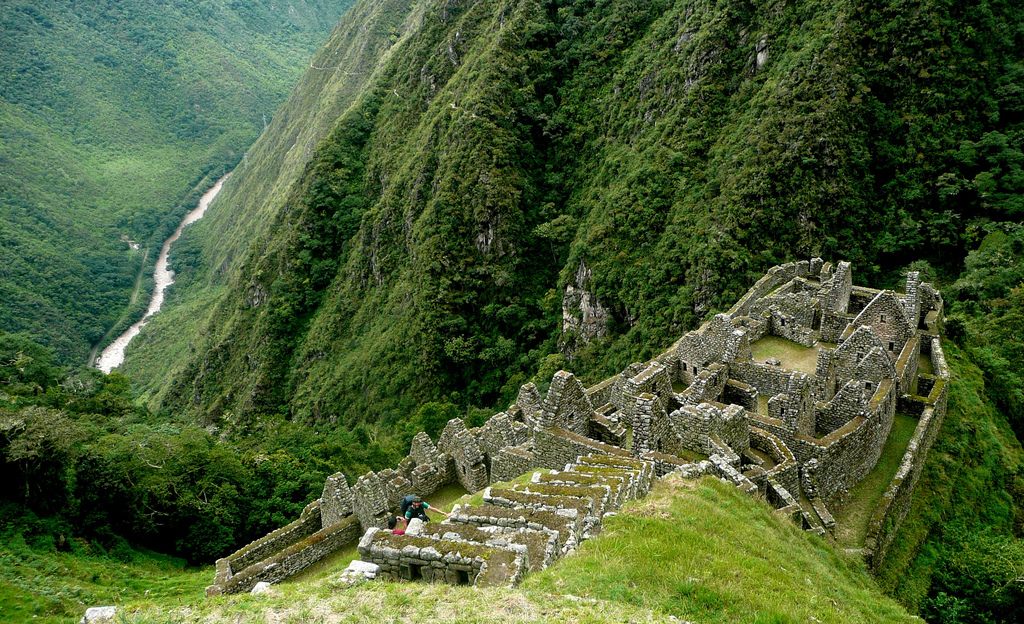
Wiñay Wayna, on the Inca Trail, is surprisingly close to a former pub. (Photo: Eduardo Zárate/flickr)
The pub at the foot of the Wiñay Wayna ruins, while it still existed, was perhaps the least likely place on earth for a casual dining bar and restaurant.
Pressed into the side of the Peruvian Andes at 8,694 feet, the pub is accessible only after days spent hiking the Inca Trail, a 400-year-old path that leads hikers on a grueling climb to a nearly 14,000-foot pass before plunging them down a knee-grinding trek into lush jungles and dense cloud forest below. The path, along with a handful of basic campsites and, of course, the breathtaking ruins dotted along the way, is the only evidence of human life that adventurers will encounter during their four-day journey to Machu Picchu.

Imagine, then, the feeling of alighting upon the pub: It’s the end of your third day of hiking. You’ve just passed the Wiñay Wayna ruins, a marvel of Incan stonework featuring still-intact houses, fountains and cascading verandas, upon which a scattering of llamas nip unperturbed at the grass. Below, the Urubamba River cuts a fine line through the towering slopes of the mountains. The air is thicker here than it was yesterday, when you dragged yourself across the 13,800-foot Dead Woman’s Pass. The hard work has been done, and tomorrow, you’ll rise from your tent at 3 a.m. for the final six-kilometer push into Machu Picchu. Camp is visible below.
You may not have been expecting a beer, but you’re ready for one.
Even in its heyday, the pub wasn’t much to look at. A concrete bungalow covered in a layer of clinical green paint, the restaurant featured none of the elegant masonry evinced just a few hundred feet away at Wiñay Wayna. On its side hung a wooden sign bearing the name of the pub’s Italian owner, Mario Caruso, alongside one of Peru’s ubiquitous advertisements for Coca-Cola. An adjacent archway greeted revelers with the words “Welcome Wiñayhuayna,” the hispanicized spelling of the original Quechua phrase that means “forever young.” The inside wasn’t much better: White plastic lawn chairs and tables covered in thin blue tablecloths were illuminated by bare fluorescent lightbulbs. At one side stood a soda machine; at the other, a refrigerator case packed with Cusqueñas, Peru’s most popular beer. In order to imbibe, visitors bought a token from an employee behind a desk, which they could then redeem for a beer at the bar.
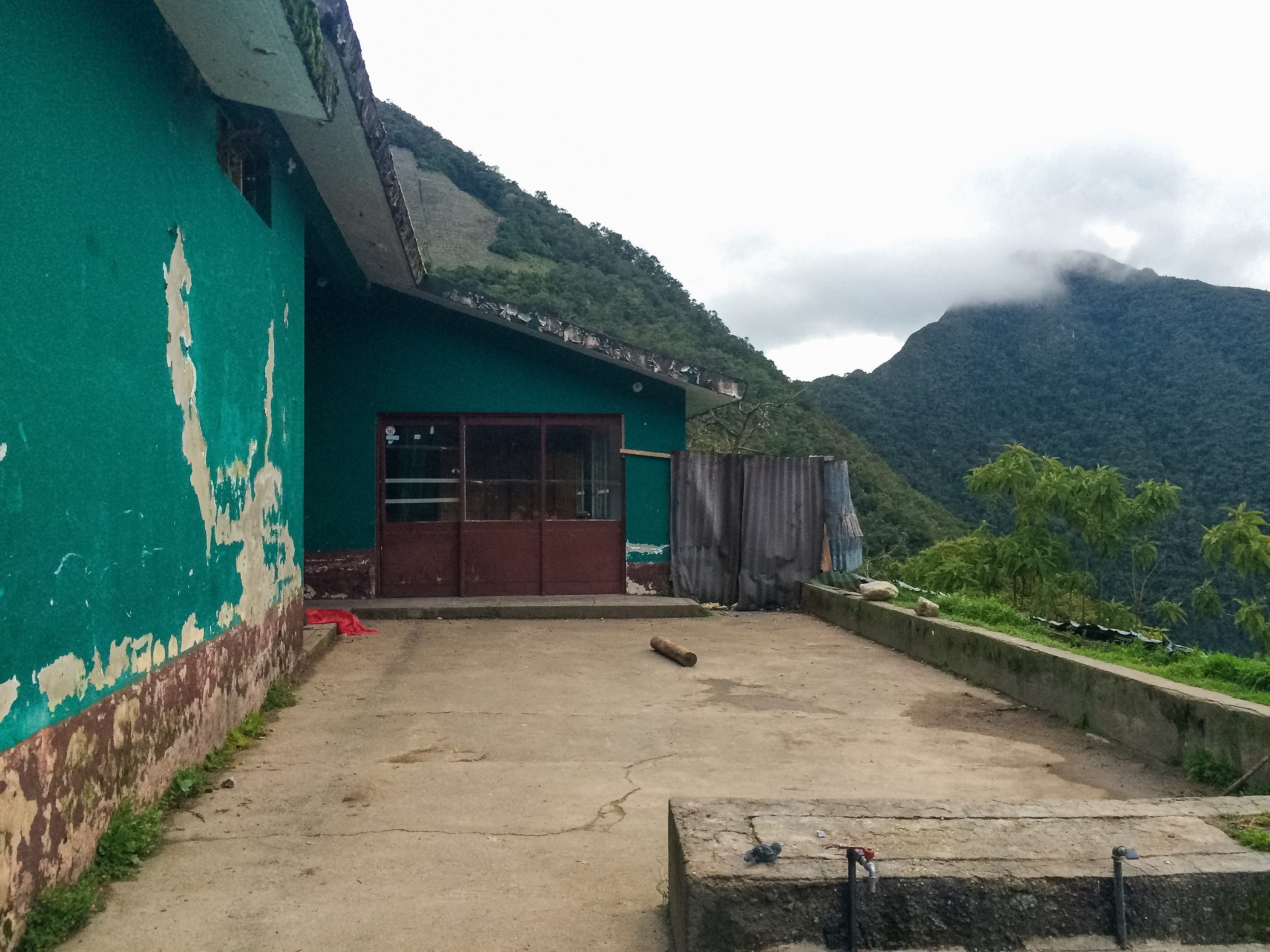
The now-vacant Wiñay Wayna Pub from the back. (Photo: Lauren Evans)
The restaurant may have wanted for thoughtful appointment, but any attempt at mood lighting or careful decor would have been lost on hikers, probably not looking their best either as they dragged their sodden hiking boots and aching bodies in the front door. To them, the pub was a little slice of austere paradise high up in the Andes. “Easily the weirdest location for a bar I’ve ever been to,” one blogger wrote a few years ago. “There were all mixes of people in there and the buzz was amazing.
“Our entire group indulged in probably too many Cusquenas yet we had a fabulous time for our last night together,” wrote another trekker. “I can’t think of any other bar in the world with a view as amazing and special as this one! Perhaps we had a little too much fun…yet ‘When in Rome!’”
While most hikers loosened up with a couple of celebratory beers before hitting the hay early, not everyone possessed such restraint. “Some really did party all night,” the first blogger wrote.
The all-night partiers would prove to be the bar’s undoing. Some guides I spoke with attributed its end to the collapse of one wall, but most had far more salacious stories on offer. One possibility is that Caruso, the Italian owner, was arrested by the Peruvian government for tax evasion, a theory at least partially borne out by the government’s legal battle to seize control of the property. Another is that he was arrested for selling cocaine to backpackers.
“No, that’s not it,” said 27-year-old Edwar Pacheco, who’s been leading groups along the Inca Trail for seven years. “It’s that tourists were selling cocaine to each other.”
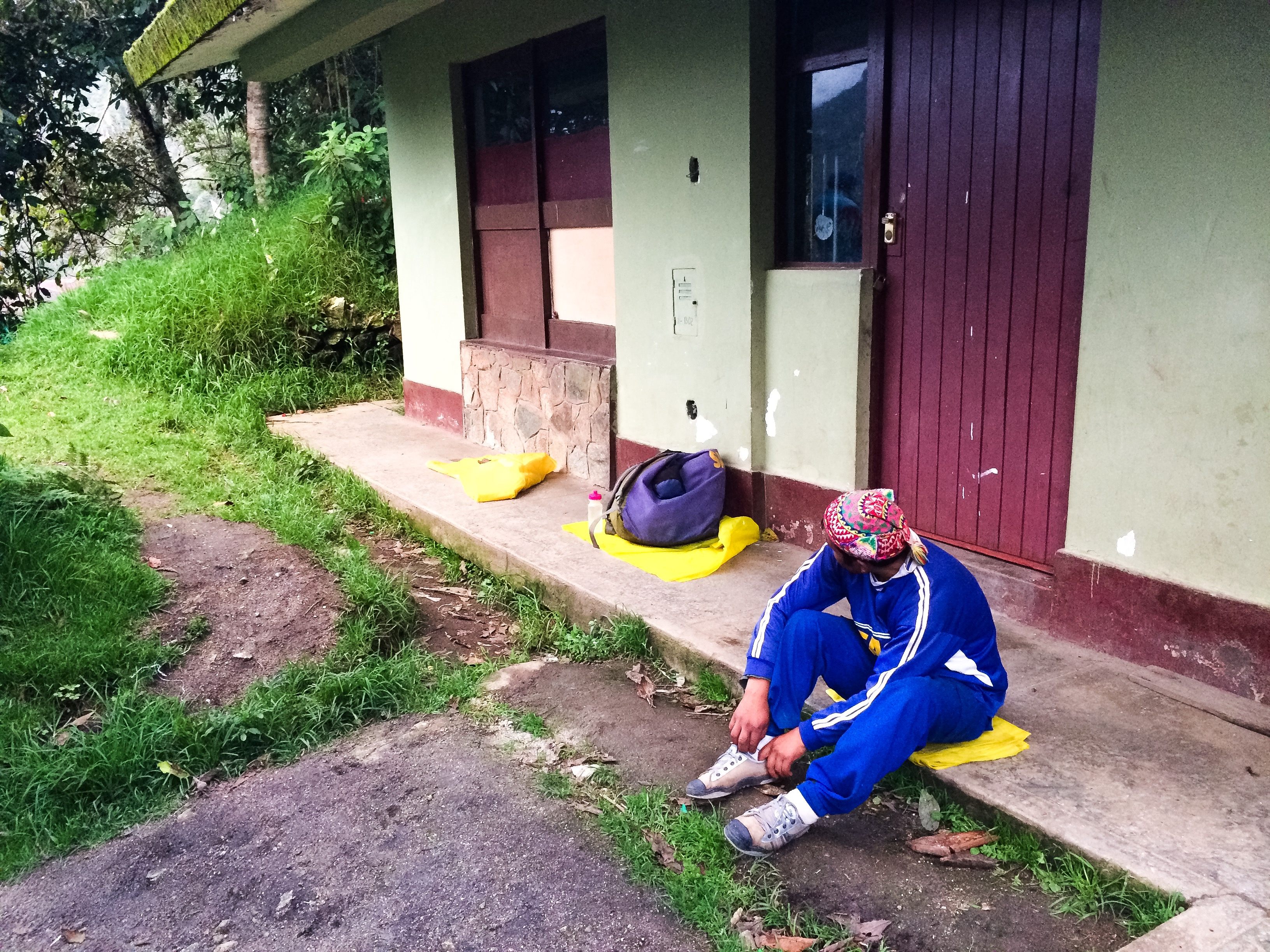
A porter relaxes outside the pub after along day of hauling supplies for clients along the Inca Trail. (Photo: Lauren Evans)
Regardless of who was doing the selling, everyone I interviewed agrees that the scene at Wiñay Wayna had gotten totally out of hand. Drunken backpackers were picking fights with each other, shattering beer bottles and warring over such timeless topics as whose country was better. People were clambering into the wrong tents, and instances of sexual assault and theft were high. Wasted revelers would engage in extreme PDA with each other in the bar, in full view of other patrons. Other stories told of assaults on porters, impossibly hard-working locals paid very little to ferry heavy packs of supplies for clients up and down the pass. People were regularly oversleeping their wake-up times, blowing the entire purpose of their visit in the first place, the descent to Machu Picchu.
By 2012, the pub had served its final Cusqueña. Now, weary trekkers pay little attention to the disused bungalow adjacent to their campsite, its paint now badly chipped and a fresh moss forest in full bloom atop the roof. Pressing one’s face against the darkened windows reveals the ghostly specter of parties past, with trash and bottles still shoved in the corners. Porters set up sleeping bags under the eaves, a last line of defense against the downpour augured by the thick clouds gathering in the distance.

Porters wash dishes outside the remains of Wiñay Wayna Pub in preparation for cooking the night’s meal. (Photo: Lauren Evans)
The general consensus among guides is that the pub is closed for good. It has since been seized by the government, which employs exactly one steward to defend the property against further disrepair.
While an ice-cold beer at the end of a grueling journey may have hit the spot, the Wiñay Wayna Pub never really did fit the spirit of the trail.
“People don’t want this type of thing anymore,” Pacheco told me. “You lose the sense of adventure.”



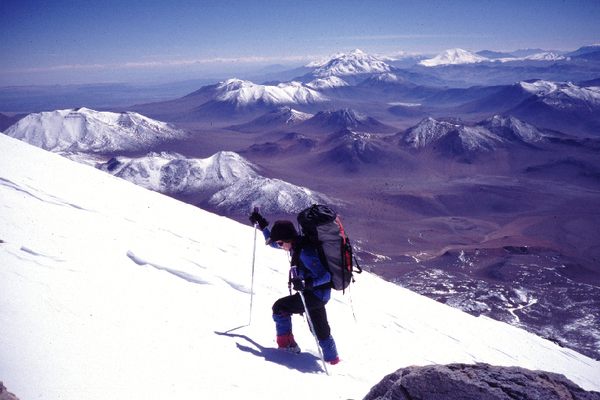



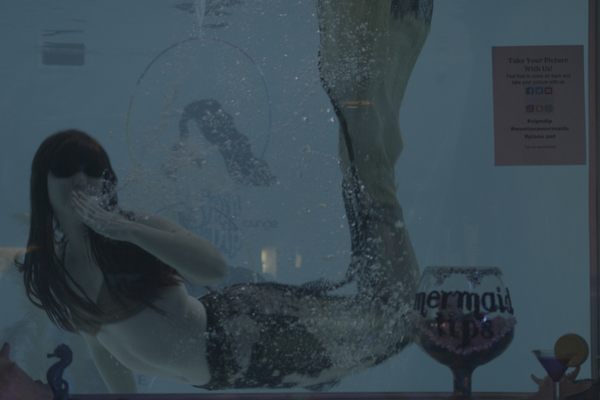
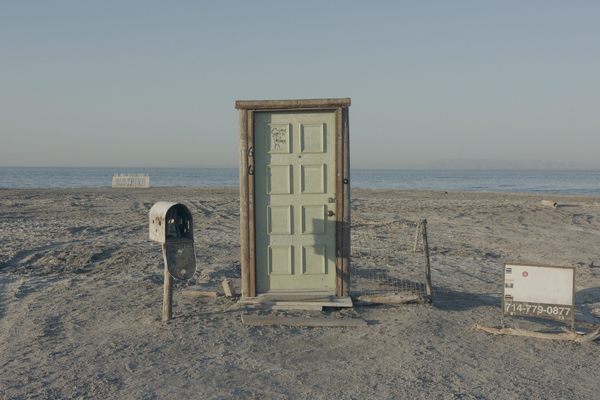

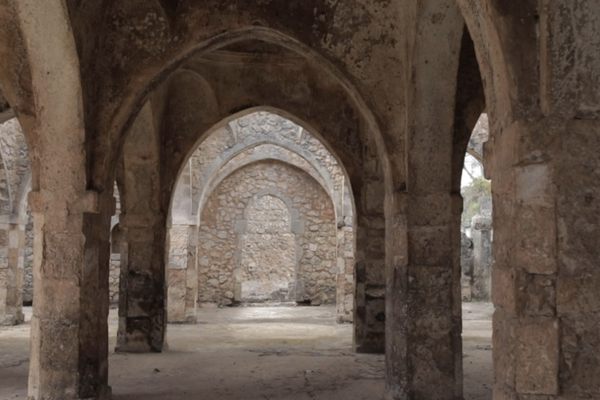
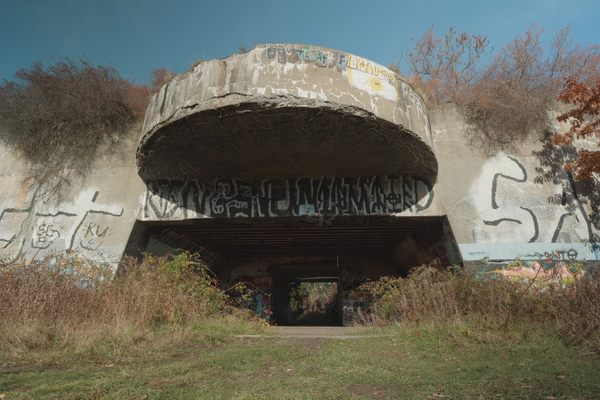


Follow us on Twitter to get the latest on the world's hidden wonders.
Like us on Facebook to get the latest on the world's hidden wonders.
Follow us on Twitter Like us on Facebook